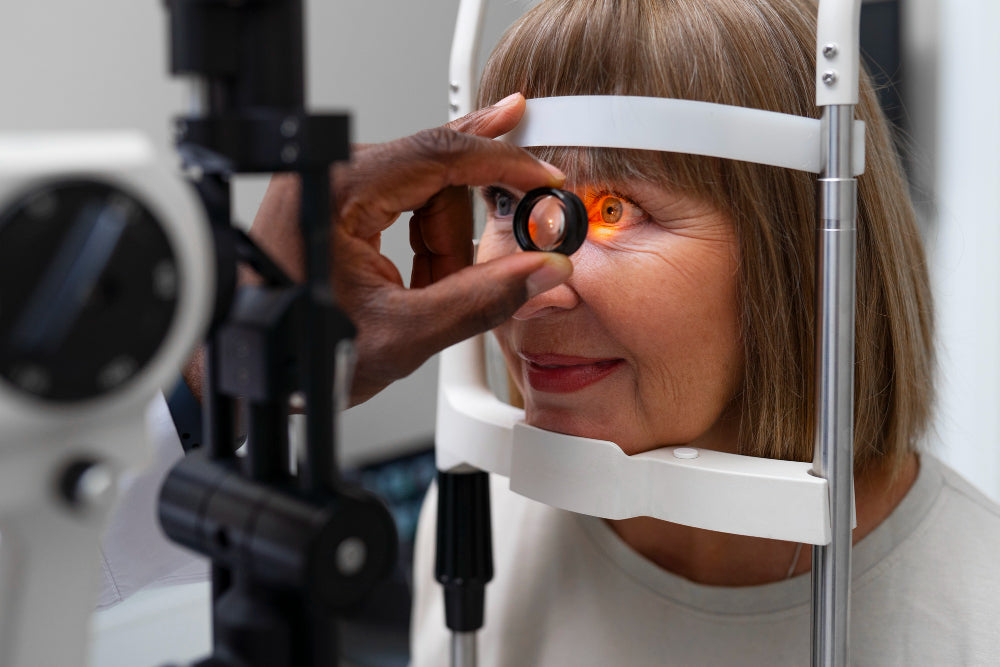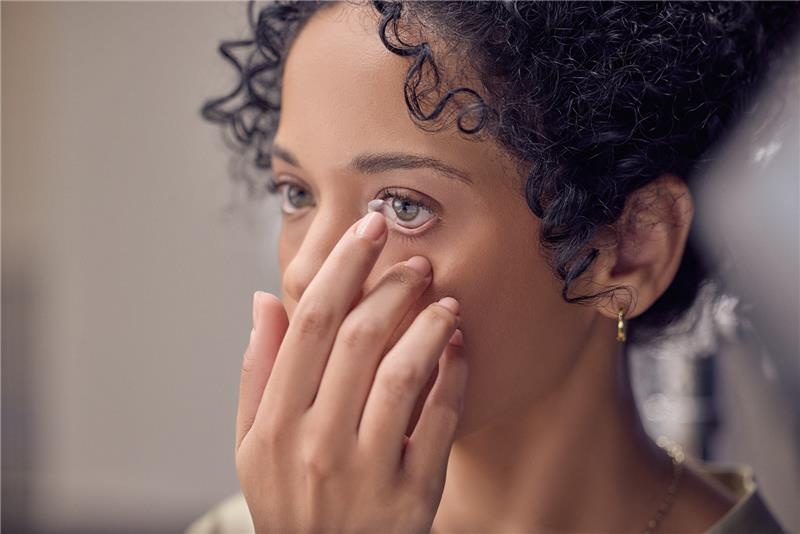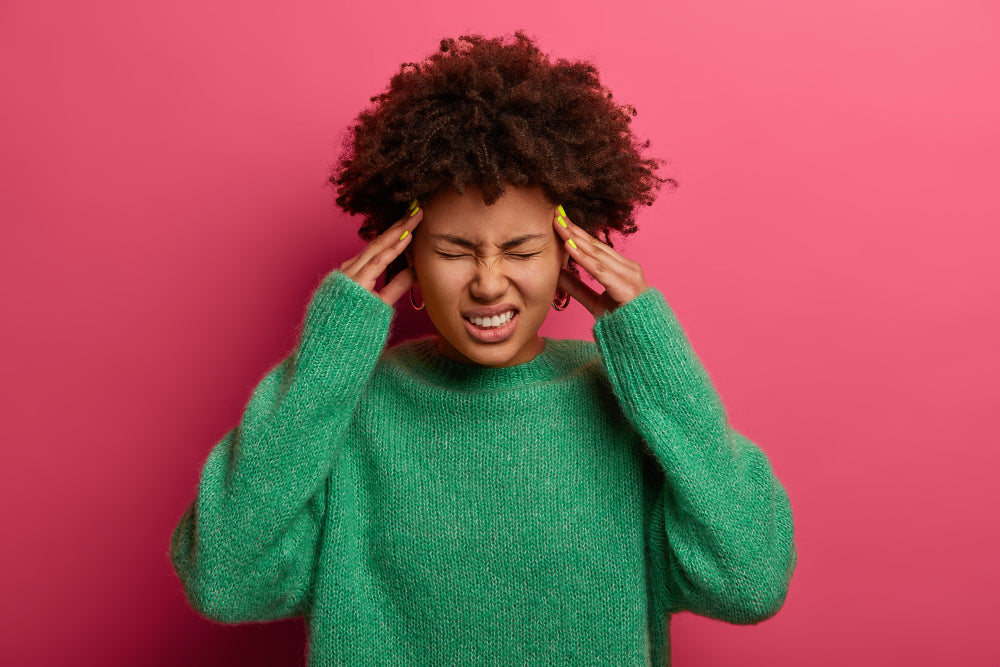We all crave a bright and cheery atmosphere, whether at home, work, or simply enjoying a night out. In recent years, LED lights have become the go-to choice for their energy efficiency and bright illumination.
But with this growing popularity comes a nagging question: are LED lights bad for your eyes?
LED lights themselves are not inherently harmful to your eyes, but prolonged exposure to their blue light emission, especially before bedtime, can disrupt your circadian rhythm and contribute to digital eye strain.
Moderation and awareness are key to minimizing potential risks while enjoying the benefits of LED lighting. In this blog post, we are shining a light on the truth: The effect of LED lights on eyes.
What is Blue light?
The key concern surrounding LED lights lies in the blue light they emit. Blue light is a naturally occurring part of the visible light spectrum, also present in sunlight.
However, the concern lies in the intensity and duration of exposure. Compared to other light sources like traditional incandescent bulbs, LEDs tend to emit more blue light.
Understanding LED Lights and Their Impact on Eye Health

Here's what we know:
In a world where LED lights illuminate our homes, offices, and screens, concerns about their impact on eye health have sparked debates.
The impact of LED light on eye health is a complex issue with ongoing research, and it's crucial to address it with a balanced perspective.
Do LED lights hurt your eyes?
Blue light exposure is crucial these days. LEDs emit more blue light compared to traditional light sources. While blue light is naturally present in sunlight, excessive exposure from electronic devices and LED lighting might contribute to:
Potential Issues with Blue Light

Several studies have suggested that excessive blue light exposure might contribute to:
-
Eye Strain and Fatigue
Excessive blue light exposure can lead to dry eyes, headaches, and blurry vision, especially after prolonged screen time.
-
Disrupted sleep patterns
Blue light exposure, particularly in the evening, can suppress the production of melatonin, a hormone crucial for regulating sleep-wake cycles. This can lead to difficulty falling asleep and staying asleep.
-
Potential long-term concerns
Some studies raise the possibility of increased risk for age-related macular degeneration (AMD), a condition that affects central vision, with prolonged and intense blue light exposure. However, more research is needed to confirm this definitively.
So, Should You Panic? Not Quite.

The good news is, most everyday use of LED lights is likely safe. The key lies in responsible usage and minimizing unnecessary exposure, especially at night.
How to Take Care of Your Eyes with LEDs

Here are some practical tips to keep your eyes happy in the age of LEDs:
Limit screen time before bed: Before bedtime, limit screen time by avoiding phones, laptops, and tablets for an hour. This practice helps reduce exposure to blue light, aiding in better sleep quality and minimizing disruptions to the body's natural sleep-wake cycle.
Adjust screen brightness: Lower screen brightness to a comfortable level to alleviate eye strain. Adjusting brightness enhances viewing comfort and reduces potential negative effects of screen exposure, promoting healthier visual habits.
Consider blue light filters: Consider blue light filters like glasses or screen filters to diminish blue light exposure. These tools aid in reducing eye strain and fatigue caused by prolonged screen time. By filtering out harmful blue light, they contribute to better eye comfort and overall visual health.
Take breaks: Take breaks every 20 minutes to alleviate eye strain and avoid dry eyes. Look away from screens and focus on something at least 20 feet away for 20 seconds. Blink and squeeze your eyes hard 5 times, assuring that the upper and lower lids touch.
This simple practice helps prevent eye issues like fatigued eye muscles and maintain optimal visual comfort during prolonged screen use.
Maintain good eye health: Maintain good eye health by scheduling regular eye exams with your optometrist. Following their recommendations ensures timely detection of any eye-related health issues and allows for appropriate management or treatment. Proactive eye care promotes long-term vision health and enhances overall well-being.
Key Takeaway
You may have wondered: Are LED lights bad for your eyes? We hope we’ve answered your questions in this blog post.
Remember, your eyes are a gift. By taking proactive steps and consulting with our qualified eye care professionals at Vision Source Rio, you can ensure your eyes will continue to see the world clearly and comfortably for years to come.
Vision Source Rio: Your Partner in Eye Care

At Vision Source Rio, we understand the importance of eye health in today's technology-driven world. Our team of dedicated eye care professionals can provide comprehensive eye exams, discuss your specific needs, and recommend personalized solutions to keep your eyes healthy and comfortable, whether under LED lights or any other light source.





